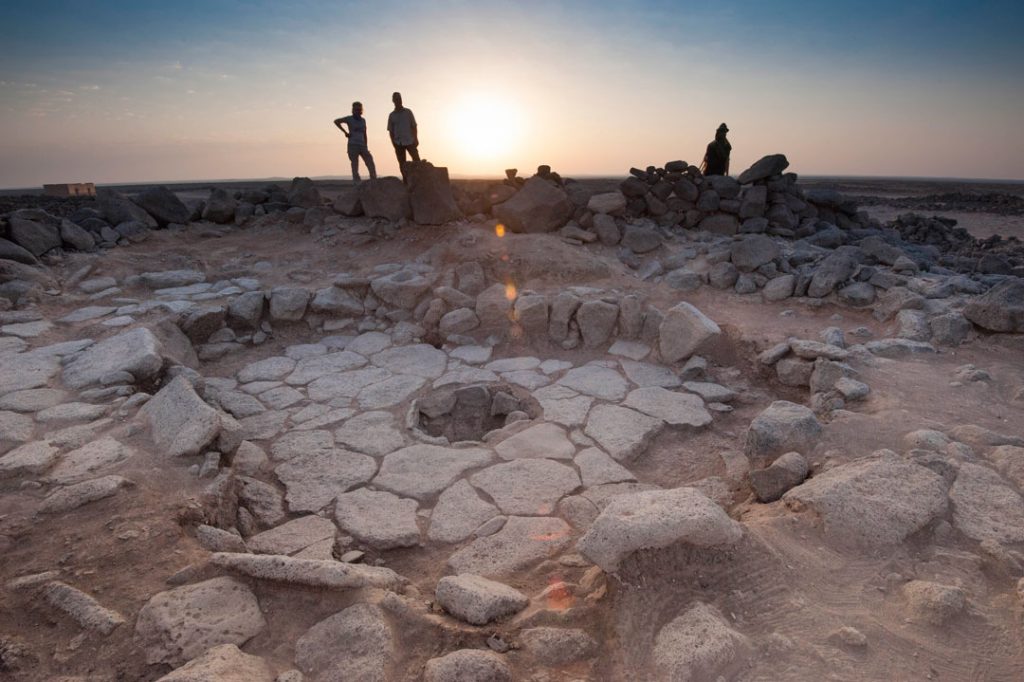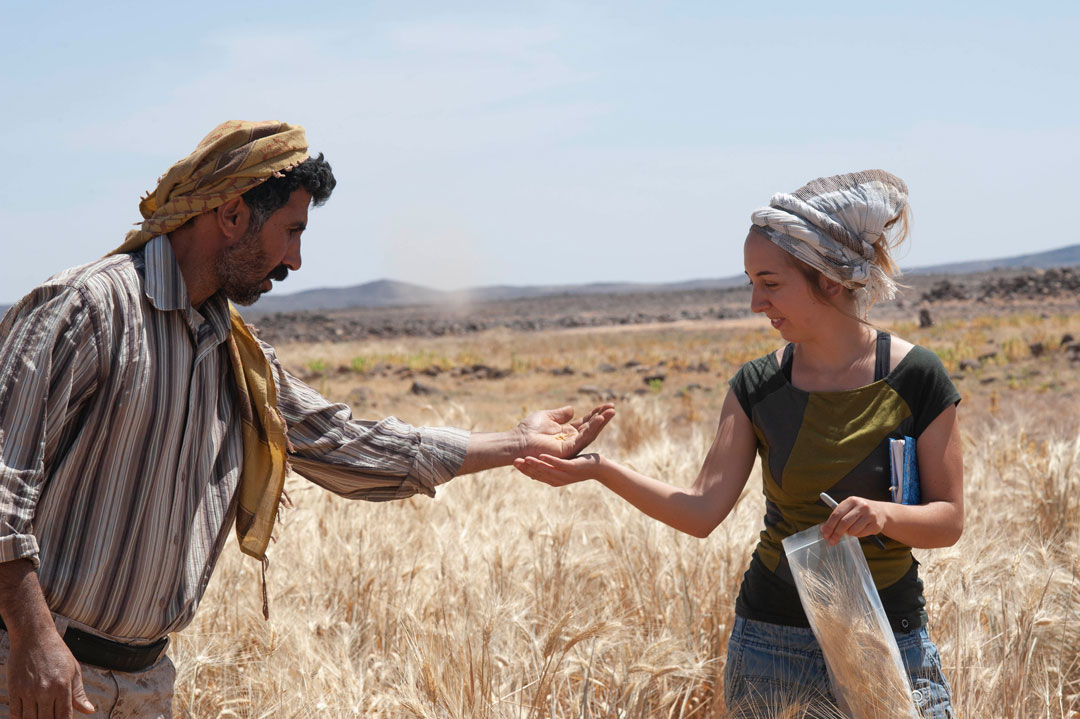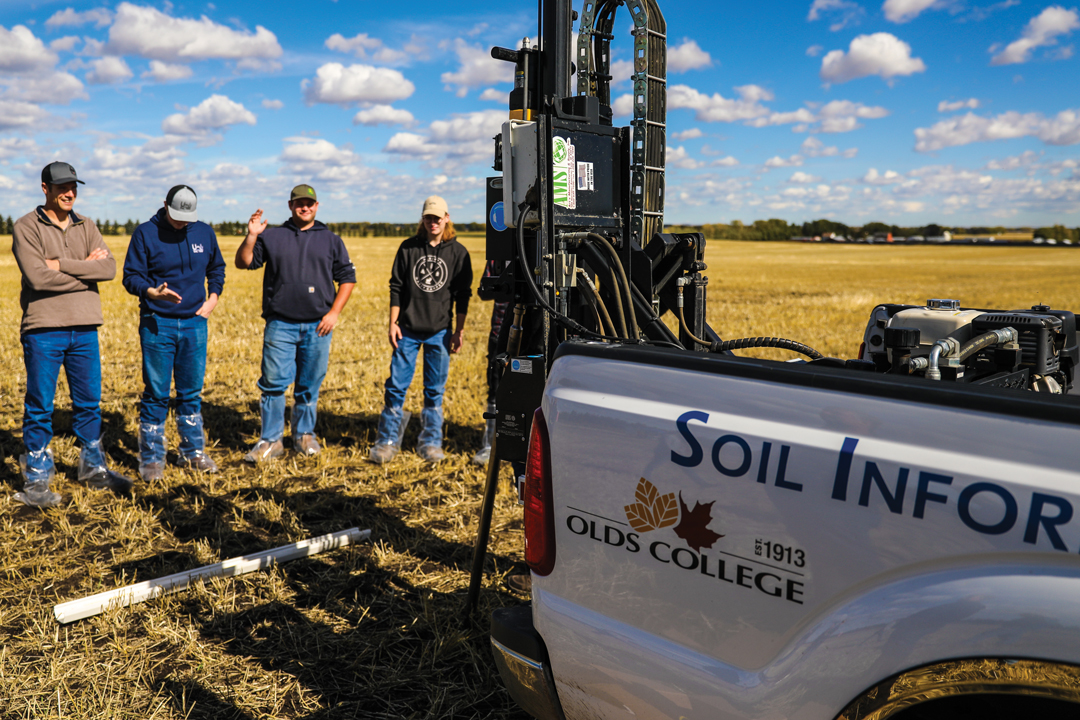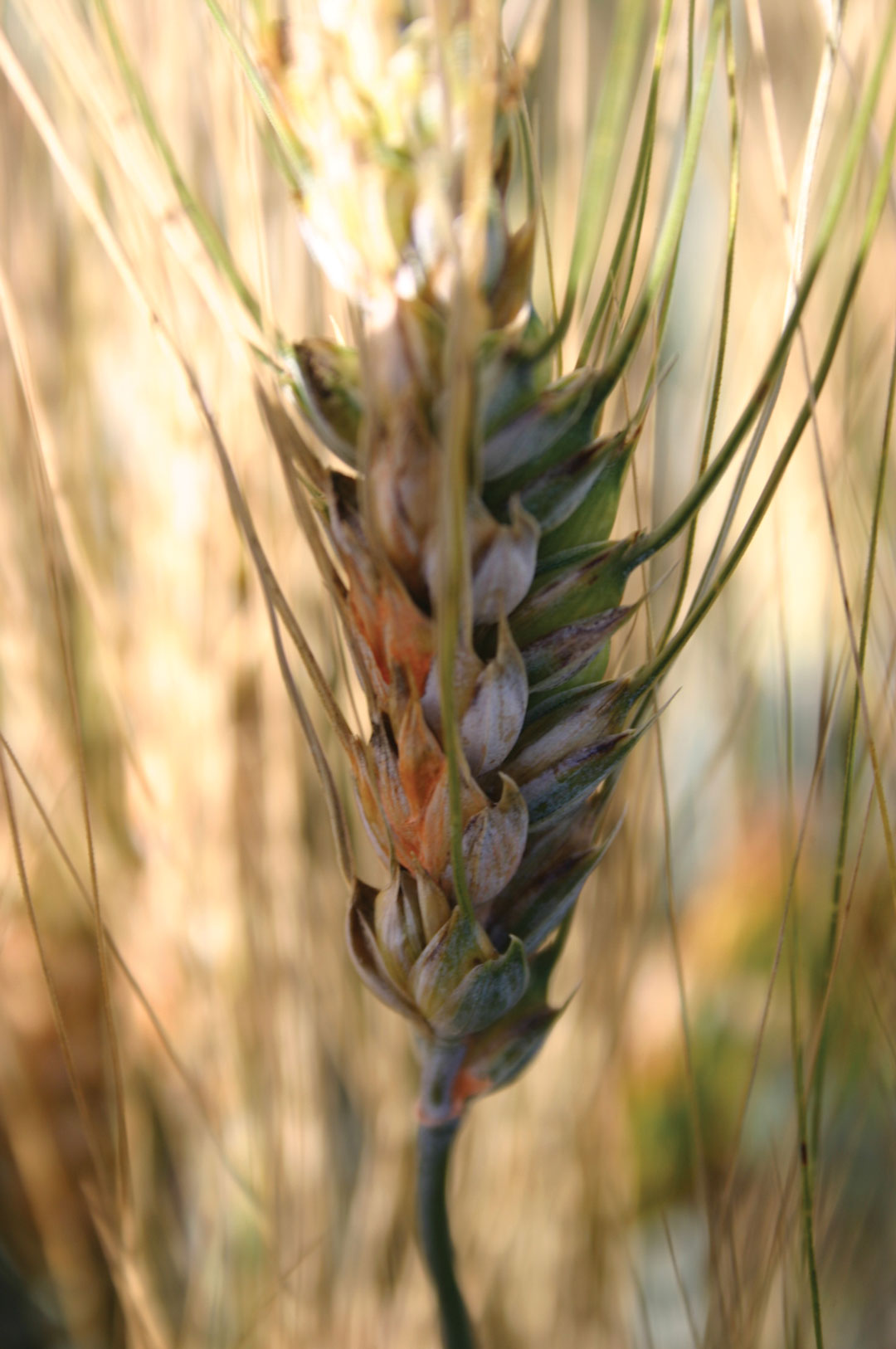REALLY, REALLY OLD-SCHOOL BAKING AND BREWING
BY IAN DOIG • PHOTOS COURTESY OF ALEXIS PANTOS
Two recent discoveries suggest humans have been baking bread and brewing beer much longer than previously thought.
A team of archaeologists that includes archaeobotanist Amaia Arranz-Otaegui of the University of Copenhagen have unearthed 14,500-year-old bread in the Black Desert region in northeast Jordan. While the charred food bits are several millennia past their best-before date, they were baked a full 4,000 years prior to the kick off of human agriculture. To put this in perspective, what is now Canada, was fully in the grip of the last Ice Age at the time.
“Basically, the discovery means that the ‘Paleo diet’ also included bread,” said Arranz-Otaegui (Above, right, she and Ali Shokaiteer examine cereals grown near the excavation site). Baked during what has been termed the Natufian period of the Paleolithic era, the bread’s ingredients included wild grains—barley, wheat and oats—as well as an aquatic tuber called club rush. The bread dough was probably baked on a hot stone or in the ashes of the fireplace in which it was found, part of a sturdy house foundation made of carefully arranged flat stones.

“Until now, bread had been associated with the Neolithic period, the time when people cultivated and domesticated cereals,” said Arranz-Otaegui. Humans in the region were known to have consumed wild grass seeds as long as 23,000 years ago, but this discovery proves that, long before these plants were farmed, they were ground into flour similar to what we use today. “Our evidence pushes the production of such a key foodstuff back at least 5,000 years,” said Arranz-Otaegui.
The discovery has historical implications beyond allowing grain farmers to thumb their noses at fad-diet promoters. By analyzing such ancient culinary remains, scientists can identify their ingredients, the processes used to make them as well as the final product, such as bread loaves. Cultural questions can potentially be answered as well, said Arranz-Otaegui. For instance, which foods were staples and which were consumed on special occasions?
“In addition to this, the discovery of bread pre-dating agriculture is also very relevant,” she said. It has been suggested bread may have been considered a special food at the time, the ingredients of which required much time and effort to collect and prepare. “Could the desire for a food product like bread have motivated the cultivation of cereals?” said Arranz-Otaegui.
In other words, did bread inspire the invention of agriculture? More research is required to answer such a question.
While Arranz-Otaegui’s team was unearthing bygone bread in Jordan, a separate team of archaeologists found 13,000-year-old evidence of beer production in neighbouring Israel. Arranz-Otaegui suggested there is every chance the two grain products may have been enjoyed together those many millennia ago. “It is of course a possibility,” she said. “People argue that it is easier—in terms of the amount of work involved—to produce an alcoholic beverage like beer than to bake bread. Considering that bread-like products were consumed at least 14,000 years ago—it is very likely it was produced much earlier—it may be possible that they already had the knowledge to ferment plants and make alcohol.”







Comments